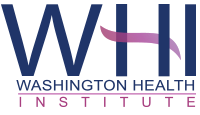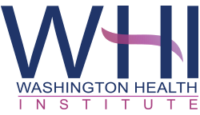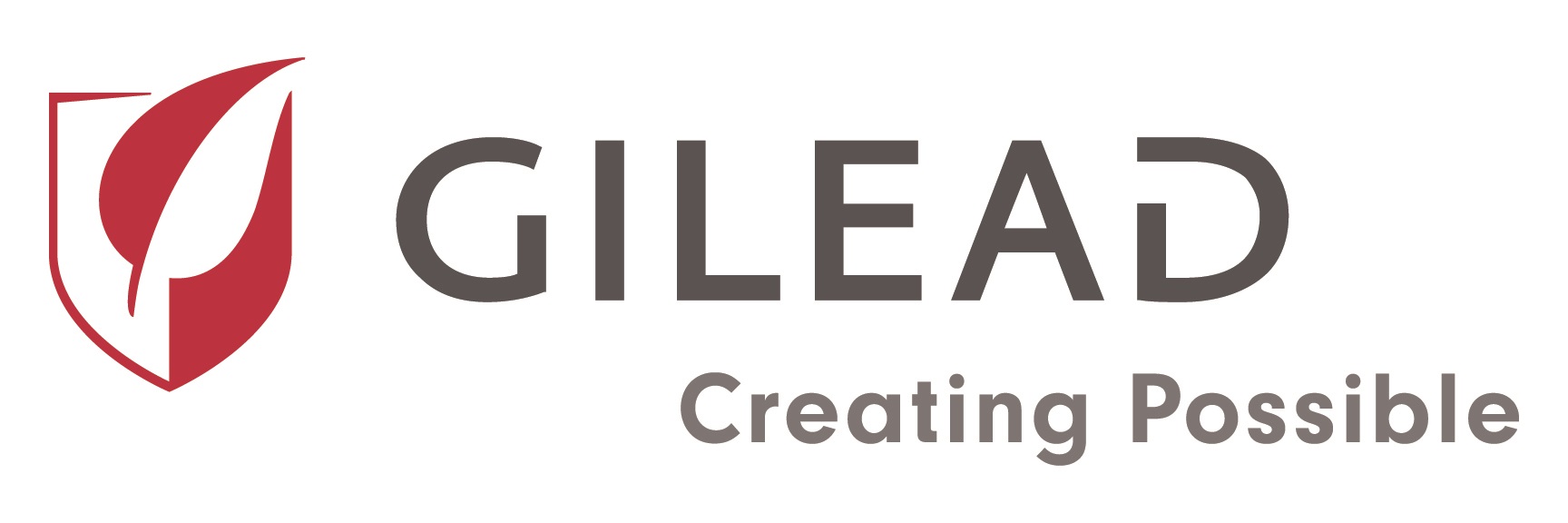PrEP is the POINT
Take the PrEP Pledge
Take the PrEP Pledge
High Impact Groups
Black & Latino Gay and Bisexual Men
- Disproportionately impacted by HIV, especially in urban areas like DC.
- Often experience stigma, medical mistrust, and lack of culturally competent healthcare.
Transgender Women (especially Black and Latina Trans Women)
- High rates of HIV prevalence.
- Face significant barriers to care including stigma and provider discrimination.
Cisgender Women (particularly Black women)
- Often overlooked in HIV prevention campaigns.
- May not perceive themselves at risk despite risk factors in their communities or relationships.
People Who Inject Drugs
- Risk through shared needles and lack of consistent access to harm reduction tools.
- Need for integrated services (HIV prevention + substance use treatment).
Serodiscordant Couples
- Where one partner is living with HIV and the other is not
- PrEP can help the HIV-negative partner stay negative while maintaining intimacy and connection.
Youth and Young Adults (ages 13–24)
- Among the fastest-growing age groups for new HIV diagnoses.
- Need targeted messaging that is age-appropriate, empowering, and destigmatizing.
Sex Workers
- At increased risk due to multiple partners and, sometimes, inconsistent condom use.
- Barriers to access include legal risks, stigma, and cost.
Key
Disparities
Black men who have sex with men (MSM) are disproportionately affected, with HIV prevalence rates significantly higher than other groups.
Transgender women, particularly those of color, face elevated HIV risks but encounter barriers to accessing PrEP and related healthcare services.
Women, especially Black women, are often overlooked in PrEP outreach despite being at risk, highlighting the need for more inclusive campaigns.





